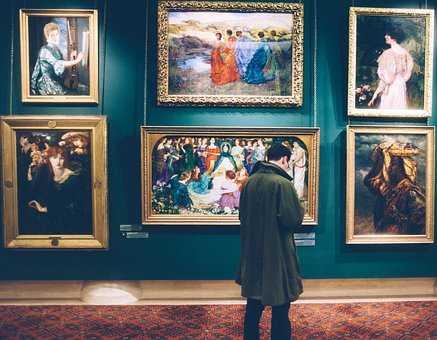"Failure is built into creativity... the creative act involves this element of 'newness' and 'experimentalism,' then one must expect and accept the possibility of failure."
SAUL BASS
1.22K
9.87K reads
CURATED FROM
IDEAS CURATED BY
The idea is part of this collection:
Learn more about personaldevelopment with this collection
How to write clearly and concisely
How to use proper grammar and punctuation
How to structure a business document
Related collections
Similar ideas
The history of "creativity"
- Creativity, as a power belonging to an individual, doesn't go back very far. The first recorded usage of the word creativity came from the Oxford English Dictionary in the 17th century: 'In Creation, we have God and his Creativity.'
- In the 17th and 18th centuries, ...
Pride stunts our growth
True humility allows you to plot Point A and accept that risk and failure are part of moving to Point B.
- On the other hand, pride allows us to say we are beginners, but not to accept the process of learning that involves risk and failure.
- Then pride tries to protect our ego by...
The act of creating
We make it trickier than need be. The mere fact that you pick out what you're going to wear is an act of being creative.
Creativity means using your imagination, originality, and resourcefulness to generate new ideas. It involves thinking beyond conventio...
Read & Learn
20x Faster
without
deepstash
with
deepstash
with
deepstash
Personalized microlearning
—
100+ Learning Journeys
—
Access to 200,000+ ideas
—
Access to the mobile app
—
Unlimited idea saving
—
—
Unlimited history
—
—
Unlimited listening to ideas
—
—
Downloading & offline access
—
—
Supercharge your mind with one idea per day
Enter your email and spend 1 minute every day to learn something new.
I agree to receive email updates


